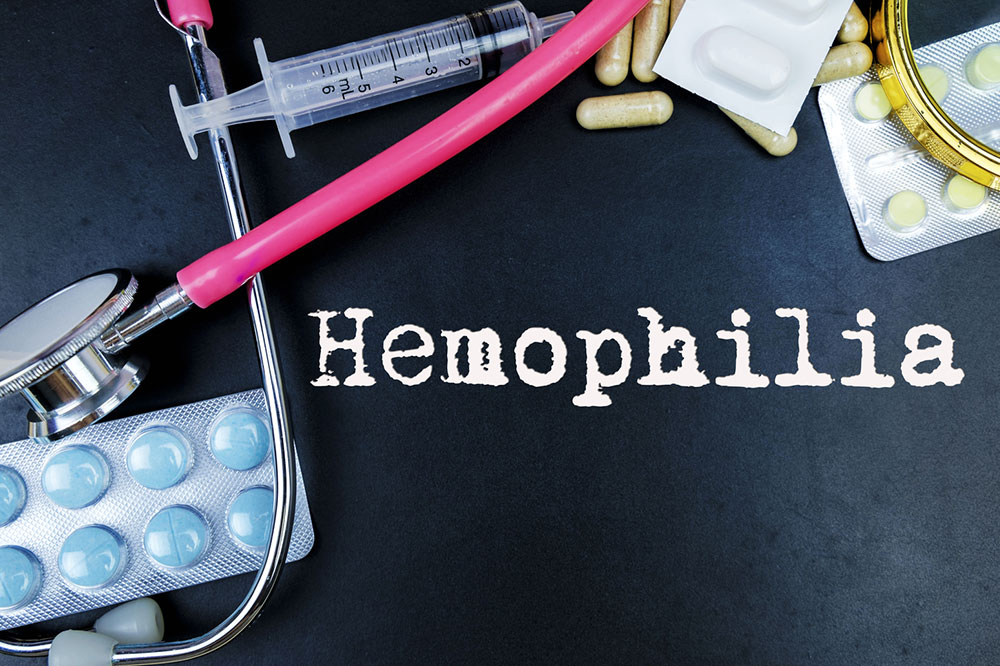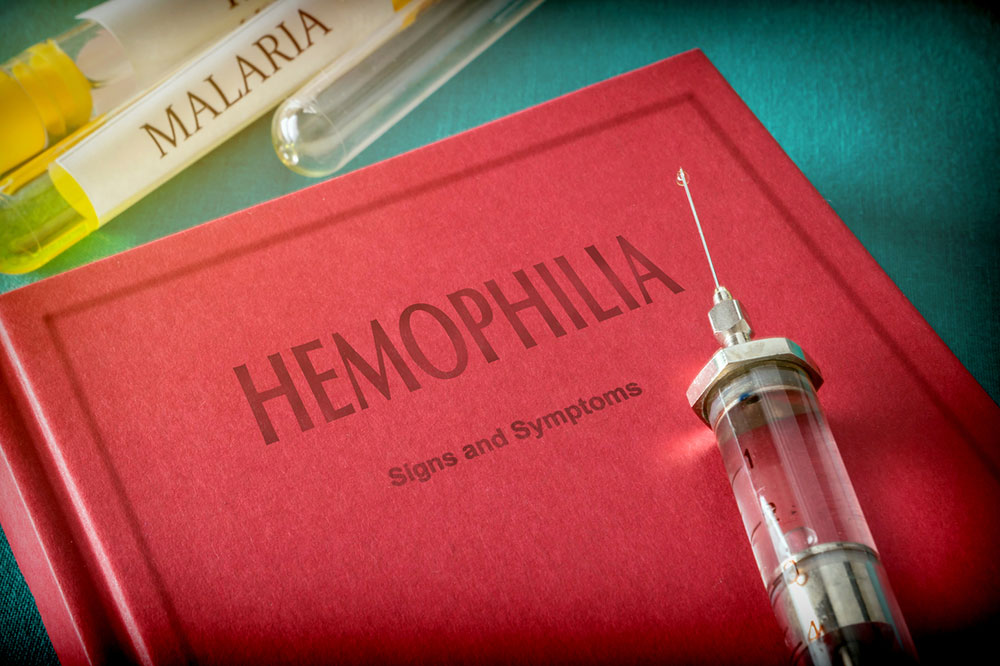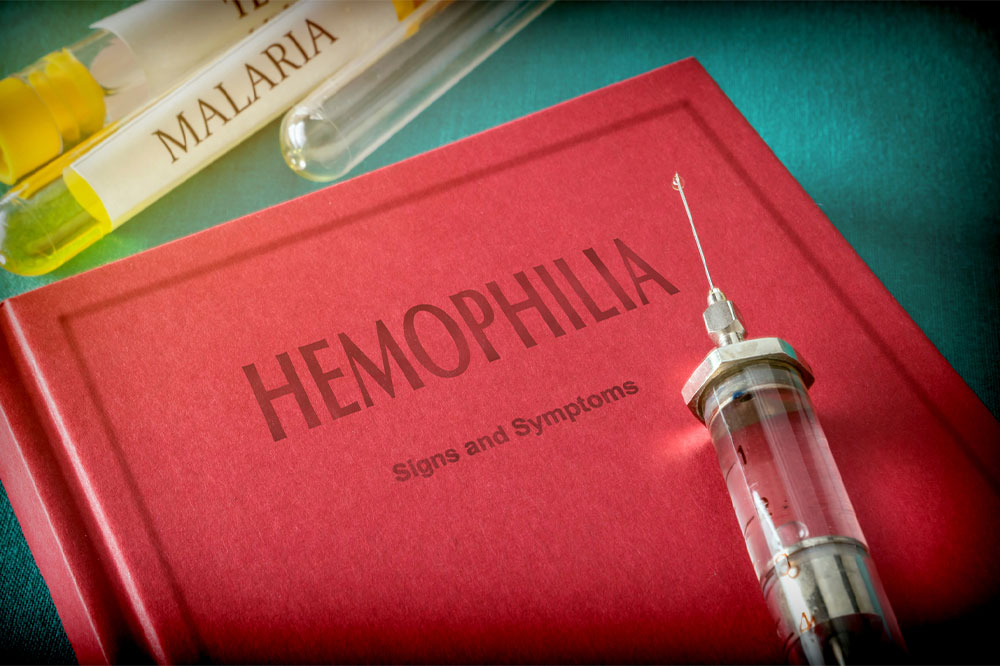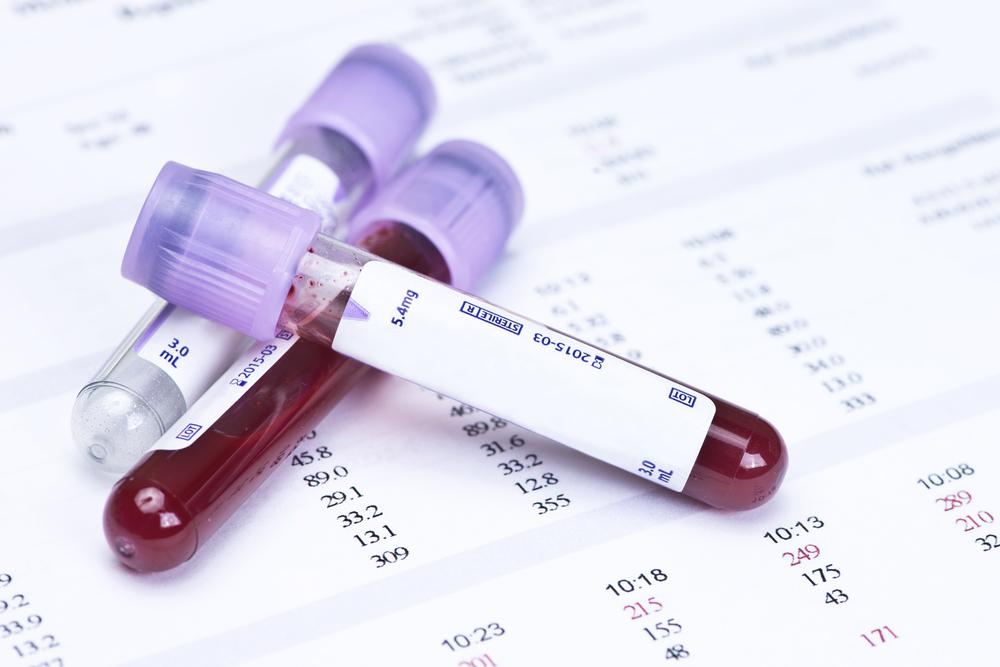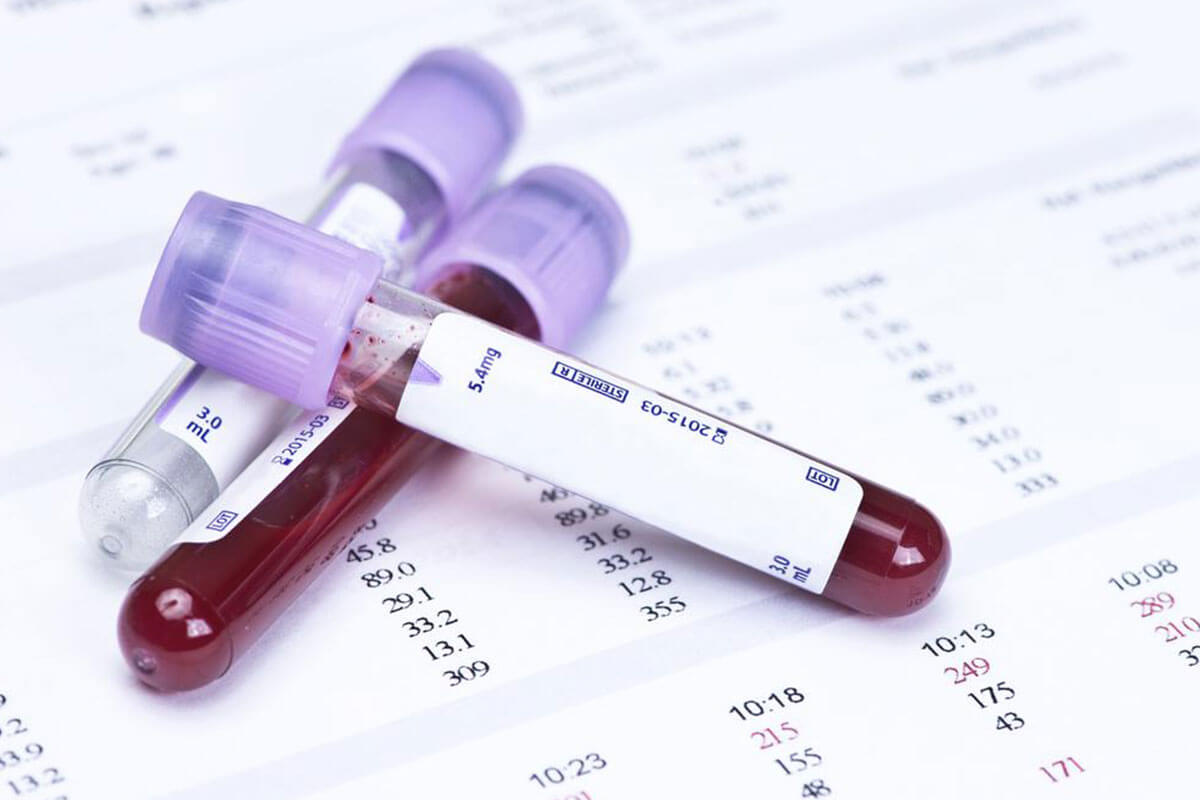Effective Strategies for Managing Hemophilia
Hemophilia management involves replacing missing clotting factors through medications like desmopressin, nonacog alfa, and fresh frozen plasma. Lifestyle modifications, including proper diet and regular exercise, play a significant role. Consulting healthcare providers ensures personalized and effective treatment. This comprehensive overview highlights the key strategies to improve quality of life for individuals with hemophilia.

Effective Strategies for Managing Hemophilia
Hemophilia is a serious blood disorder characterized by the body's inability to form proper blood clots, resulting in excessive bleeding, joint discomfort, and extensive bruising. Diagnosis involves assessing clotting factor levels and creating personalized treatment plans. Management typically includes replacing missing clotting factors through medications and lifestyle adjustments. Following healthcare provider instructions is vital to minimize complications and enhance quality of life for those affected by hemophilia.
What are common hemophilia treatments?
Different types of hemophilia require specific approaches. The main treatments include:
Desmopressin
This medication is often used for mild hemophilia A and von Willebrand disease.
The vasopressin-based drug increases plasma levels of factor VIII, a crucial clotting protein lacking in hemophilia A. It can be administered via injections or nasal sprays, with dosages tailored to individual patient needs.
Nonacog alfa
This purified protein is used primarily to treat hemophilia B, where factor IX is deficient. Approved by the FDA since 1997, nonacog alfa temporarily restores clotting ability and reduces bleeding episodes.
Fresh Frozen Plasma
For hemophilia C, fresh frozen plasma (FFP) is a common option, as it contains all coagulation factors necessary to support blood clotting. FFP helps alleviate symptoms like prolonged bleeding caused by factor XI deficiency. Hormone therapy may also be beneficial for certain cases.
Fibrin Sealants
Comprising fibrinogen and thrombin, fibrin sealants are used as hemostatic agents to promote wound healing. Approved for use since 1998, these substances facilitate tissue repair, sometimes enhanced with additional enzymes.
Diet and Lifestyle Adjustments
Proper nutrition plays a role in managing hemophilia, with leafy greens and whole grains supporting health. Avoiding fried and high-fat foods is recommended. Regular exercise can strengthen muscles and improve joint health, contributing to overall well-being.
Since treatment varies among individuals, consulting with healthcare providers before starting any therapy is essential.

